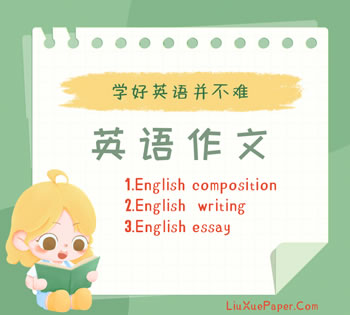
提示:LiuxuePaper.Com部分配图来源于网络,如涉侵权联系必删
Passage Four
Questions 36 to 40 are based on the following passage.
What is the relation between the code and culture which creates it, and which it transmits to the next generation? Linguists in the anthropological tradition had tried to establish links with meanings expressed lexically: Eskimo words for ‘snow’, Arabic words for ‘camel’ and so on. Yet vocabulary only ‘reflects’ culture by courtesy of (蒙...提供) its internal organization as a whole; and the assertion that “because `camels` are important to the Arabs, therefore they have a lot of different words for `them`” is a statement as much about English as about Arabic. Presumably nothing is more important than rice to the Chinese; yet Chinese has a single word for rice and it means various other things besides. Chinese happens to be a type of language that favors general nouns.As the essential medium for people to organize and convey their ideas, language is no longer what it seemed to be for the traditional linguists who used to think of language as simple formal codes. It is also closely related to the context, social or anthropological, in which the communication takes place. Today most linguists come to realize that language is an important component of culture. It determines not only the form in which ideas are transmitted, but also the method with which the content of the ideas are organized. In this perspective, language is also a communicative base on which members of a speech community form their ideas in a way that is readily comprehensible to other members of that community. It is also regarded as part of culture that is related to other fields of humanity (人类) studies.But what is merely comic (滑稽的) when applied to lexics (词汇学) becomes s来源:作文地带整理。
编辑:Liuxuepaper.Com
作文地带知识拓展:
英语作文,是指用英语针对某一内容写出一篇文章,是英语考试最常见的一种题目类型,英语作文要求阅读、写作能力比较高,也是考生最容易失分的题型。英文书写应符合书写规范,英文字母要写清楚、写整齐、写美观,字母的大小和字母之间的距离要匀称。书写应做到字形秀丽漂亮,通篇匀称和谐。









文档为doc格式
推荐阅读:





